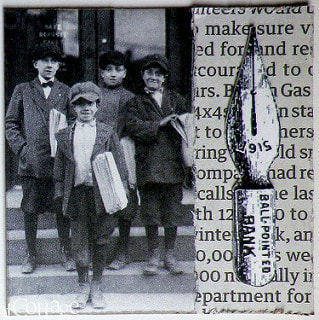It’s time to take CD ladders out of the attic,” said Chris Horymski, senior research analyst at financial site MagnifyMoney.
CD ladders are a way to hedge your bet on interest rates. Longer-term CDs typically pay higher interest than short-term certificates. So, for example, if you had $50,000, you could buy five $10,000 CDs, with terms of one, two, three, four and five years. When the one-year certificate matures, you could reinvest that cash in another five-year CD — hopefully, at a higher rate — or use the money for something else. Meanwhile, the other certificates would be earning higher, longer-term rates.
Why would someone want to do this?
Rates on CDs as well as on basic savings accounts were so low for years after the economic downturn that it often wasn’t worth moving cash around. As the Federal Reserve has gradually raised its benchmark rate over the past few years, however, yields on savings have been inching up.
No one’s getting wildly rich. But it’s now easy to find CDs at online banks insured by the Federal Deposit Insurance Corp. that pay well above 2 percent for a one-year term, and 3 percent or more on terms of five years.
The central bank has indicated that it is pausing its rate increases, but may resume them this year. No one knows for sure what will happen, but it would be frustrating to lock in a chunk of cash in a five-year certificate at 3 percent, only to see longer-term CD rates climb to 4 percent. So laddering can offer flexibility in the face of uncertainty.
Rates at online banks are well above the average of 0.98 percent for one-year CDs overall, and they at least mean savers aren’t losing money to inflation, said Greg McBride, chief financial analyst at the website Bankrate. (The Consumer Price Index, a widely used inflation gauge, has hovered around 2 percent for the past few years and was 1.6 percent in January, the federal Bureau of Labor Statistics reported.)
Most big, traditional banks still aren’t offering much in the way of interest on either savings accounts or CDs. “The larger banks continue to be pretty stingy,” McBride said.
Online banks, however, are competing for deposits to fund loans and credit cards. So you’ll see above-average rates from internet banks, including Synchrony, Barclays and Marcus, the online consumer bank started by Goldman Sachs.
One drawback to CD laddering is that you must keep track of the various certificate maturity dates and research interest rates before rolling your money into a new CD. “You constantly have a CD maturing,” said Ken Hoyt, a fee-only financial adviser in Westford, Mass.
Doing the research means you’re not held hostage to a below-market rate. But ladders can be a chore to manage, he said, especially if you are juggling many certificates.
It’s wise to check the details before depositing your cash. Some higher-rate CDs have substantial minimum deposits, and there’s generally a penalty if you withdraw the money early.


 RSS Feed
RSS Feed